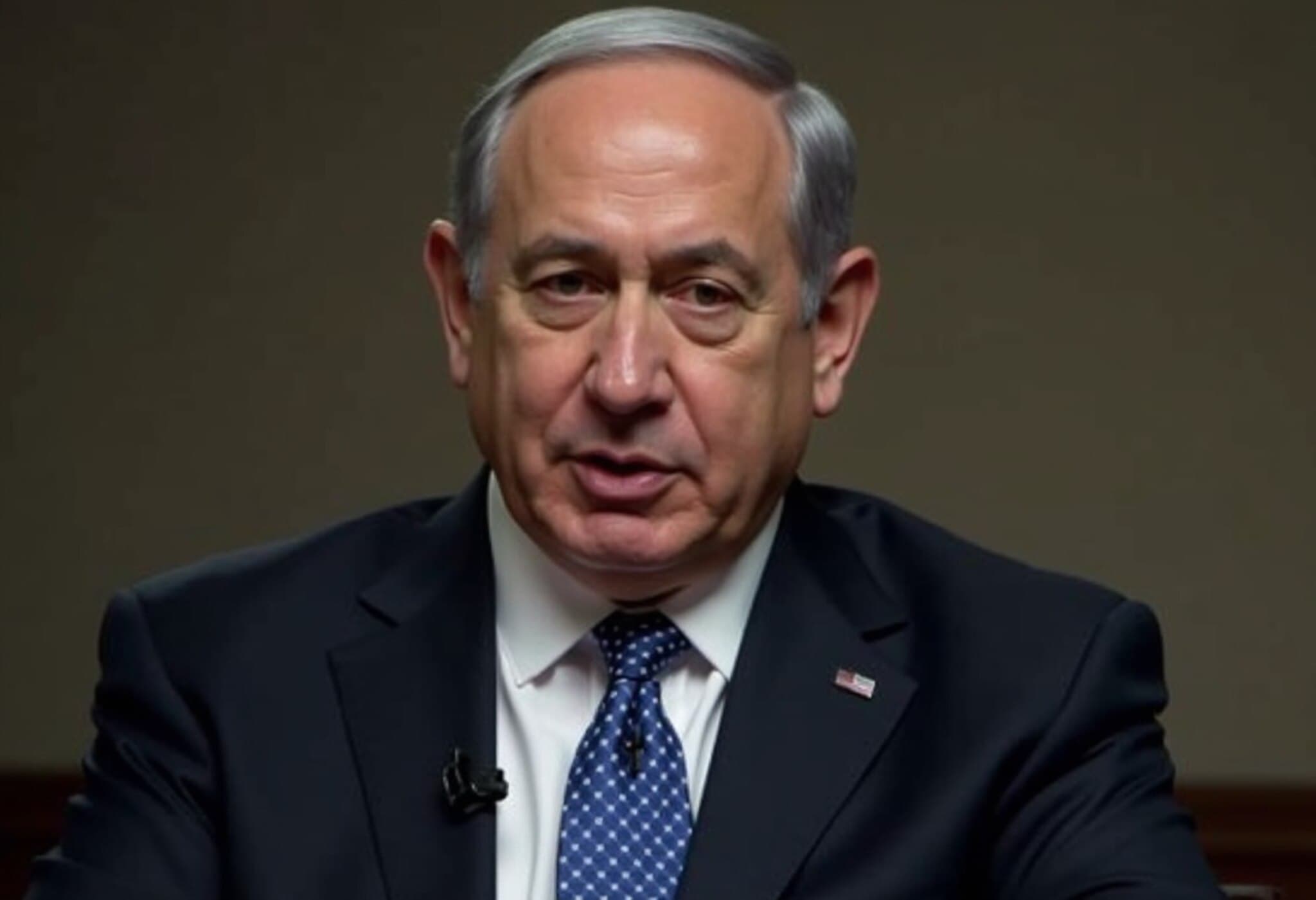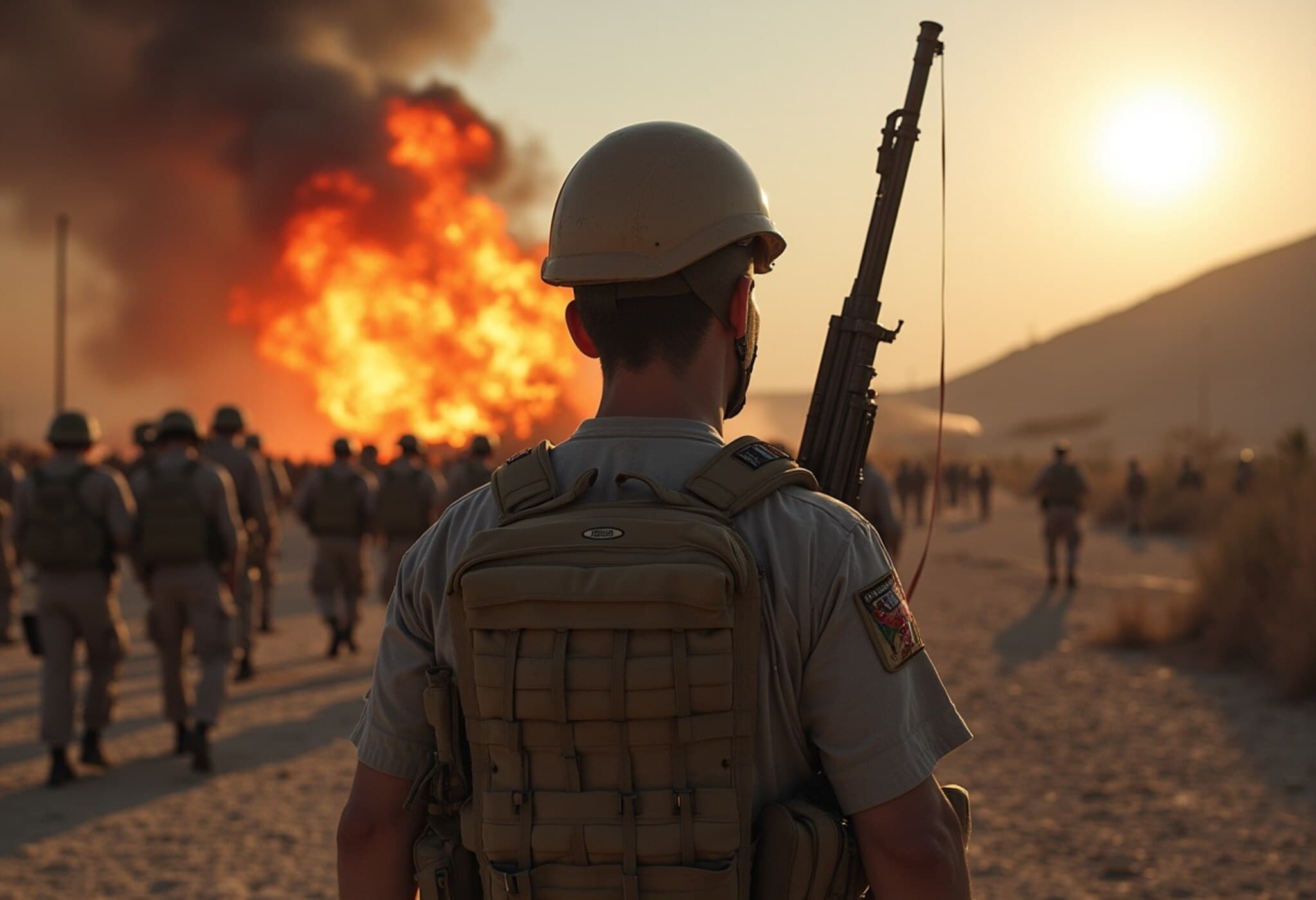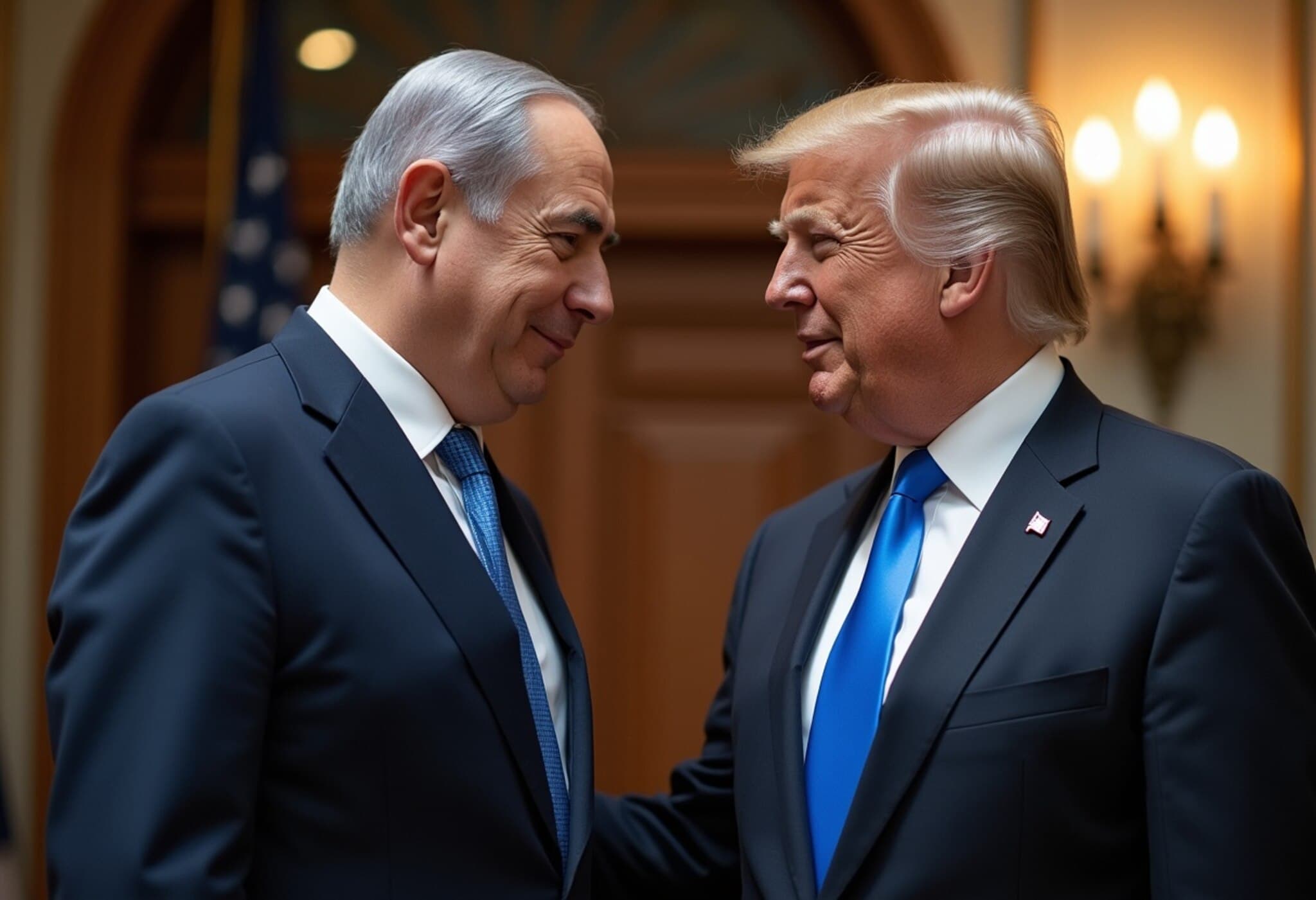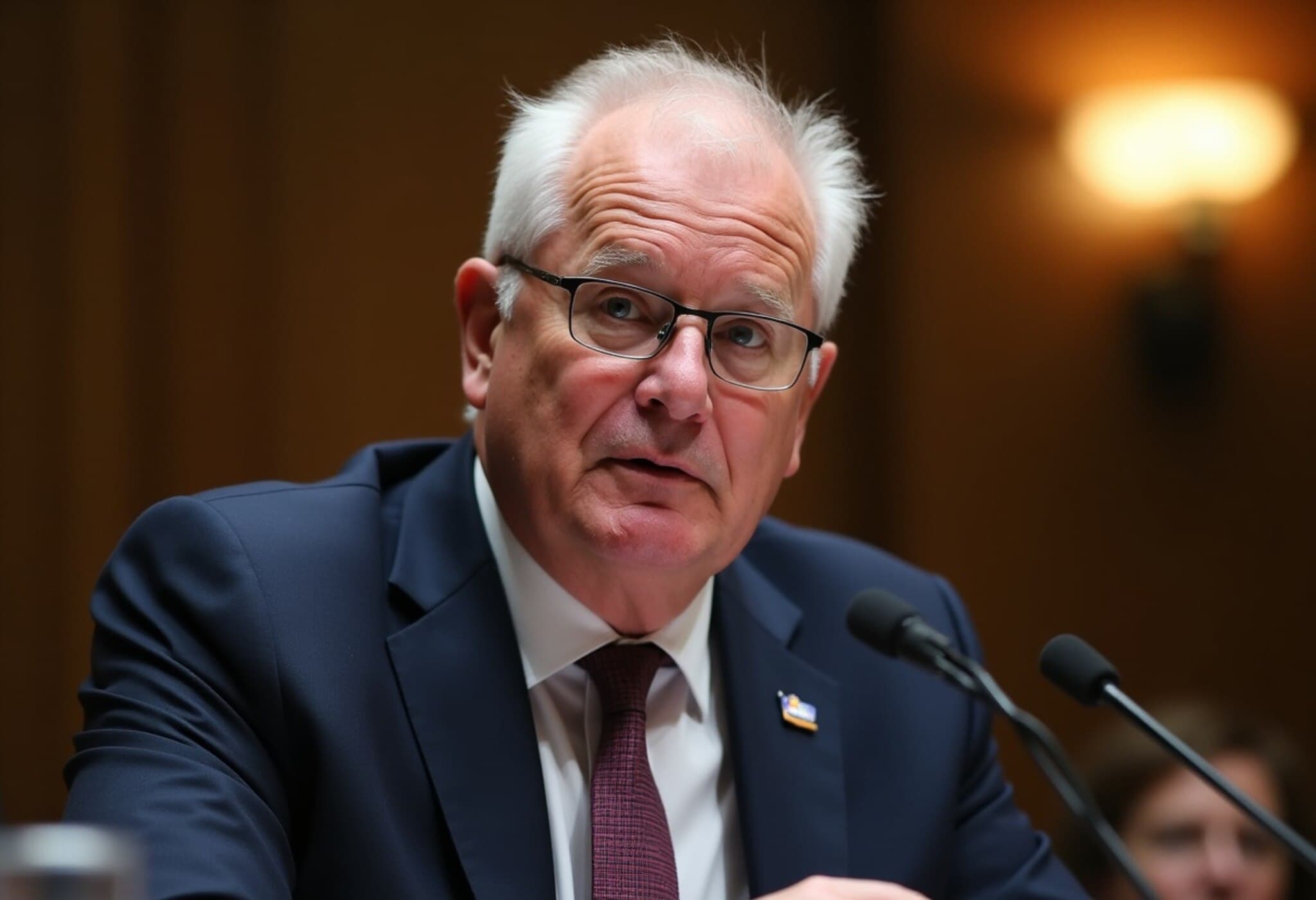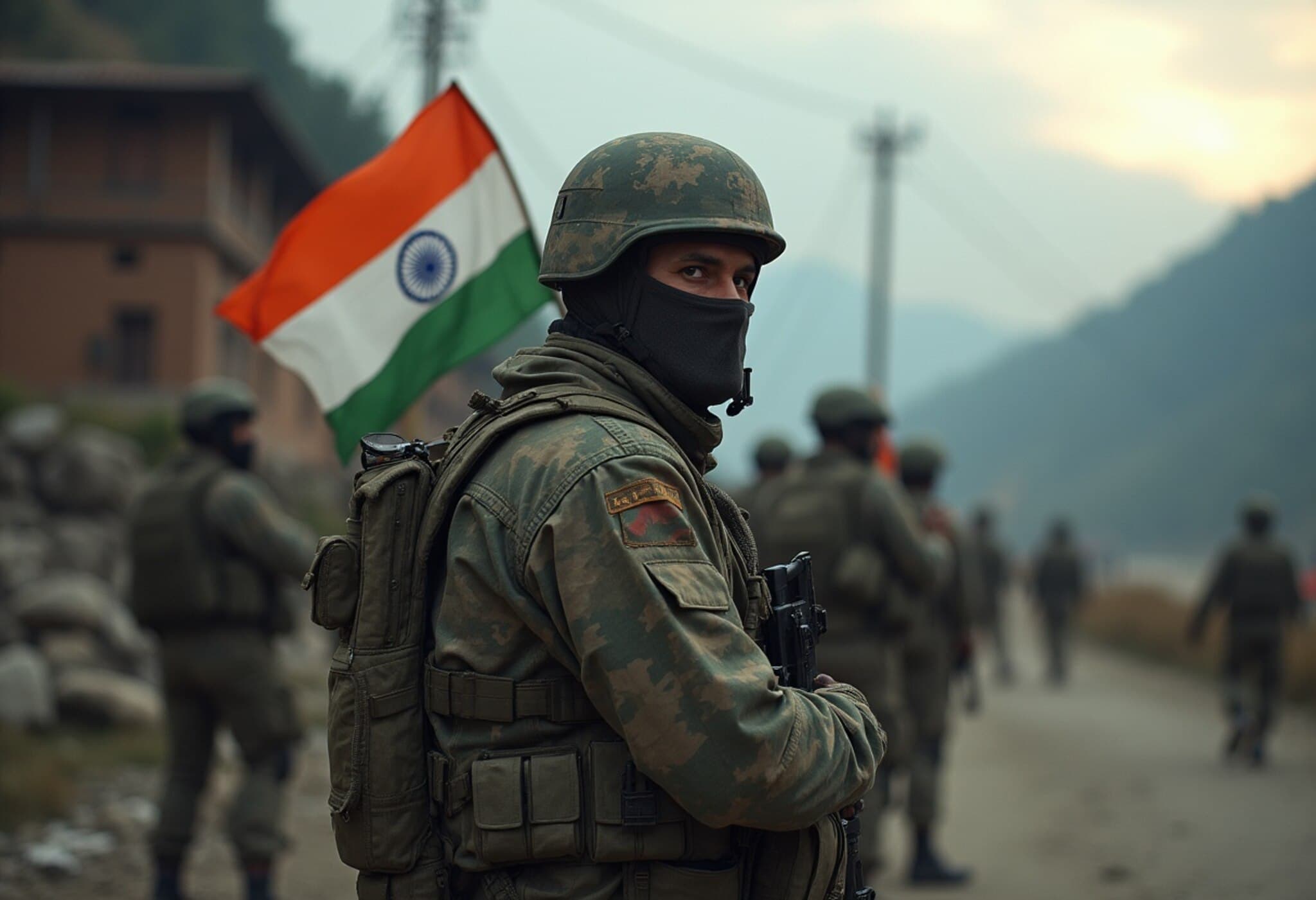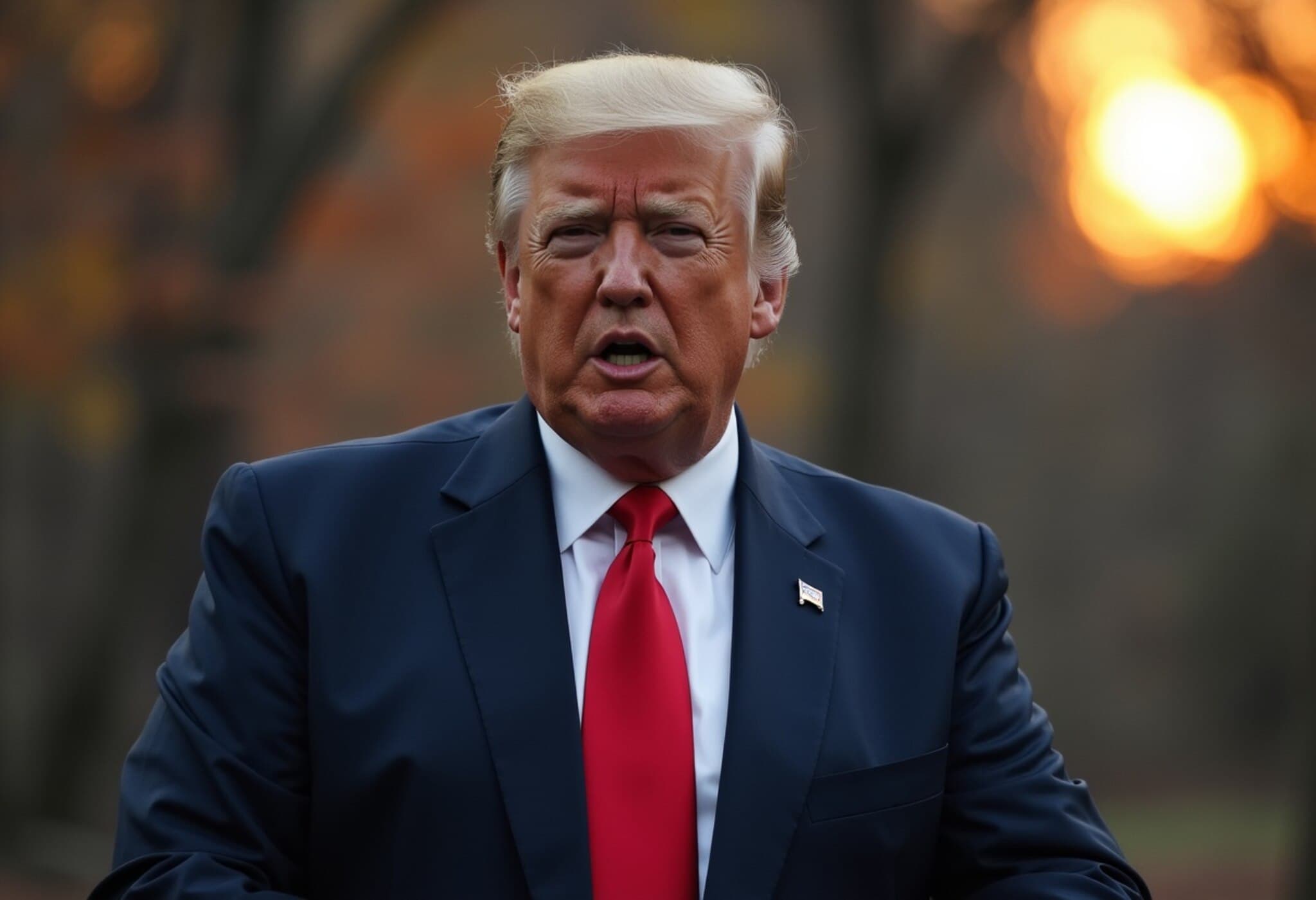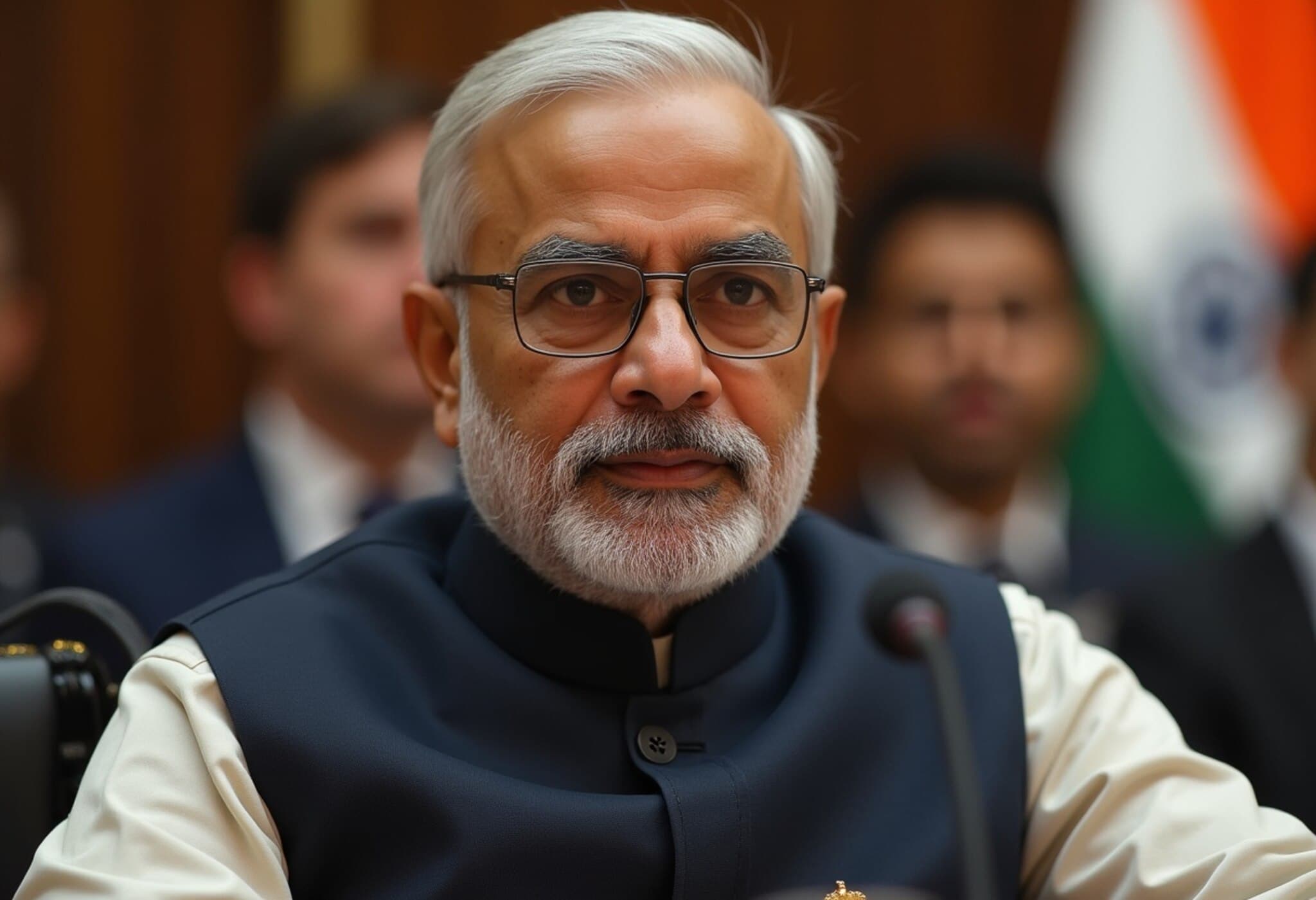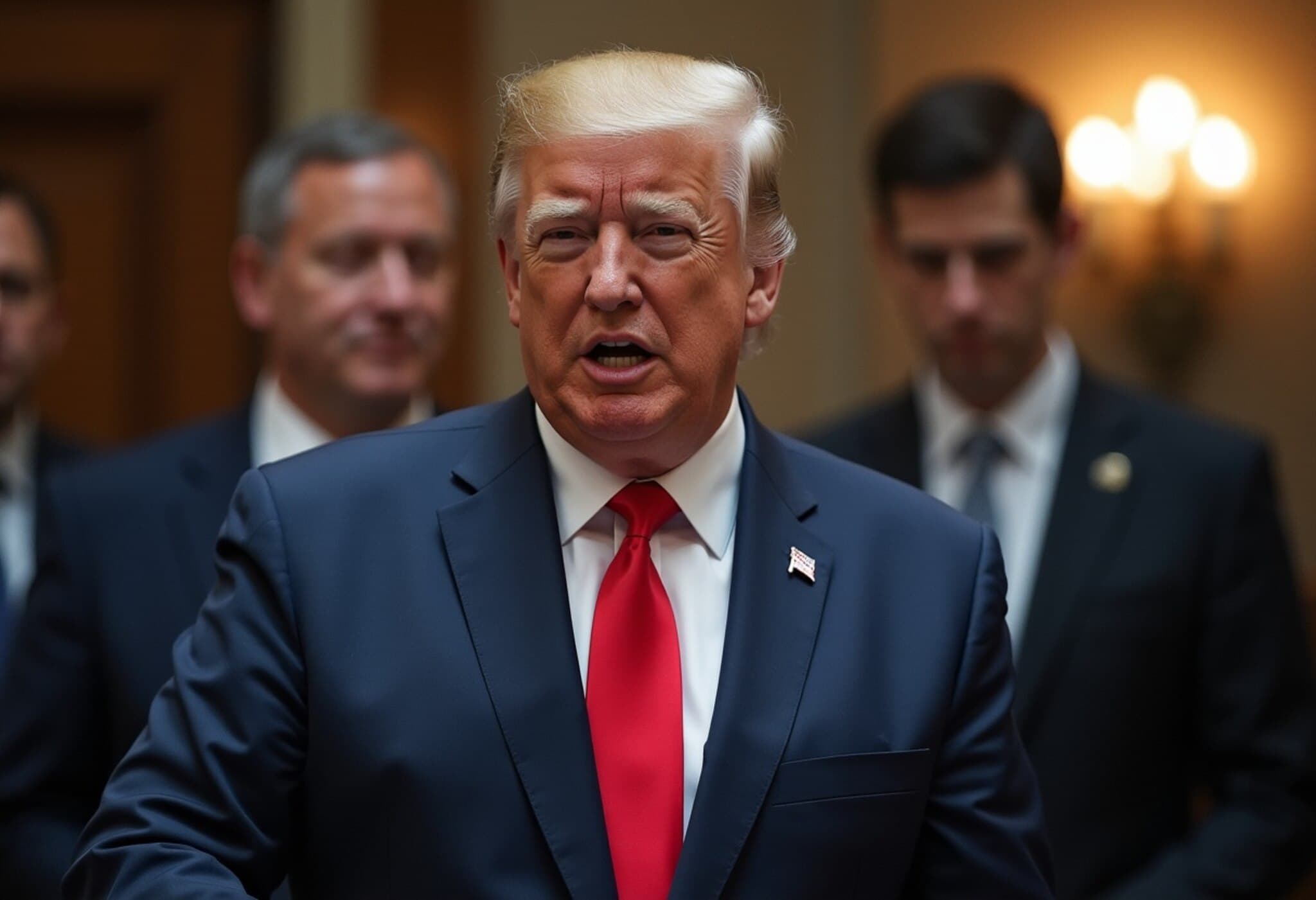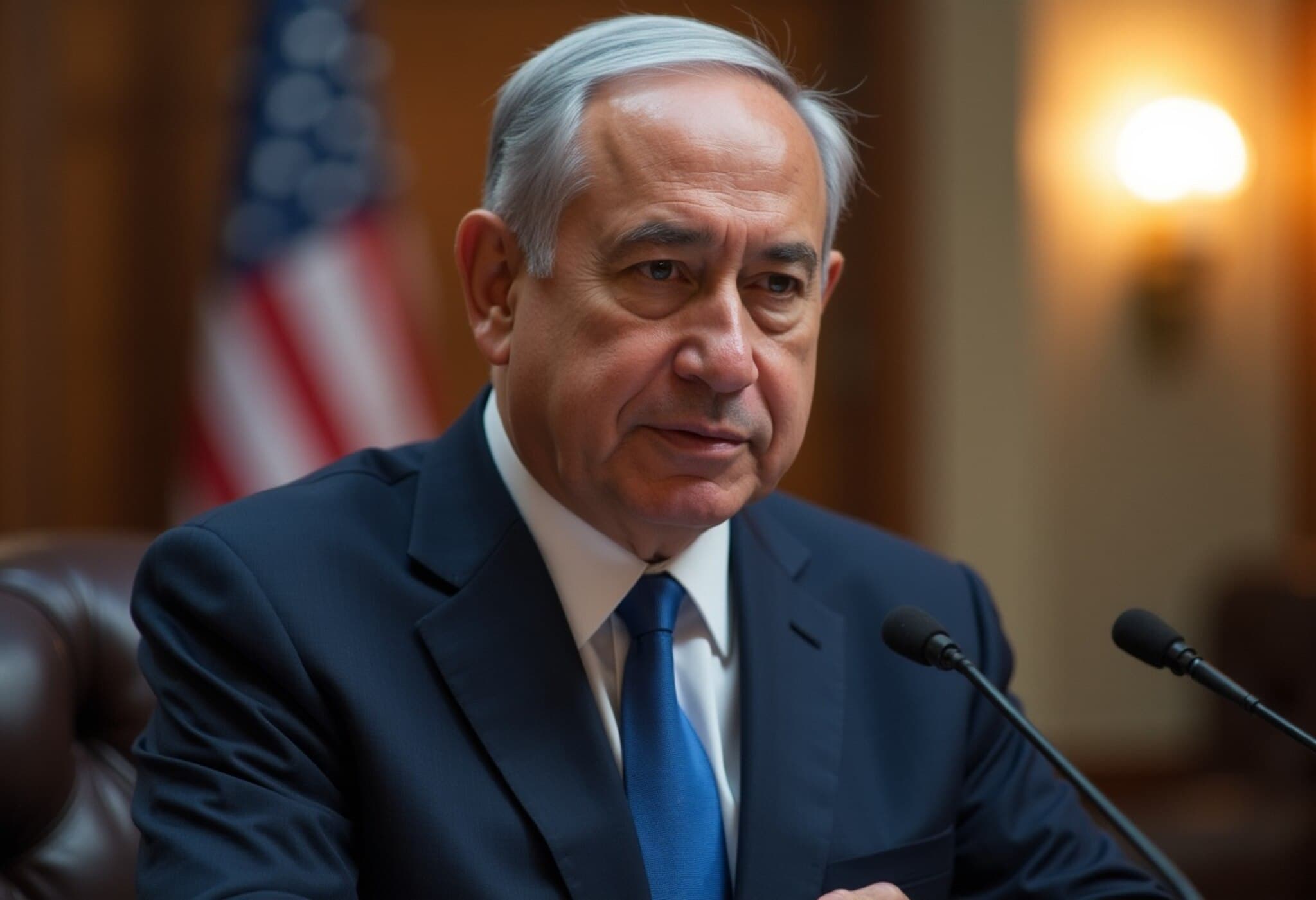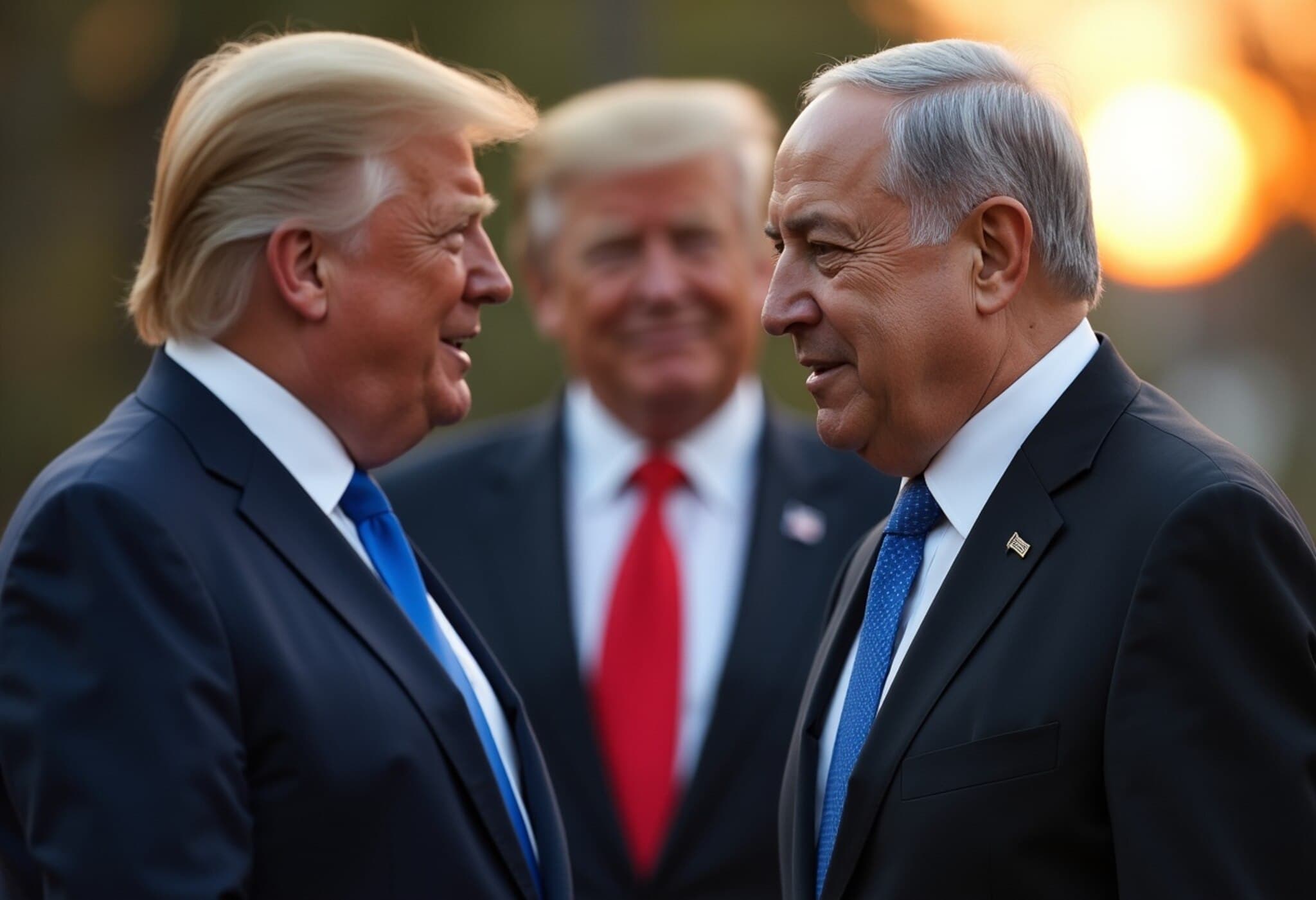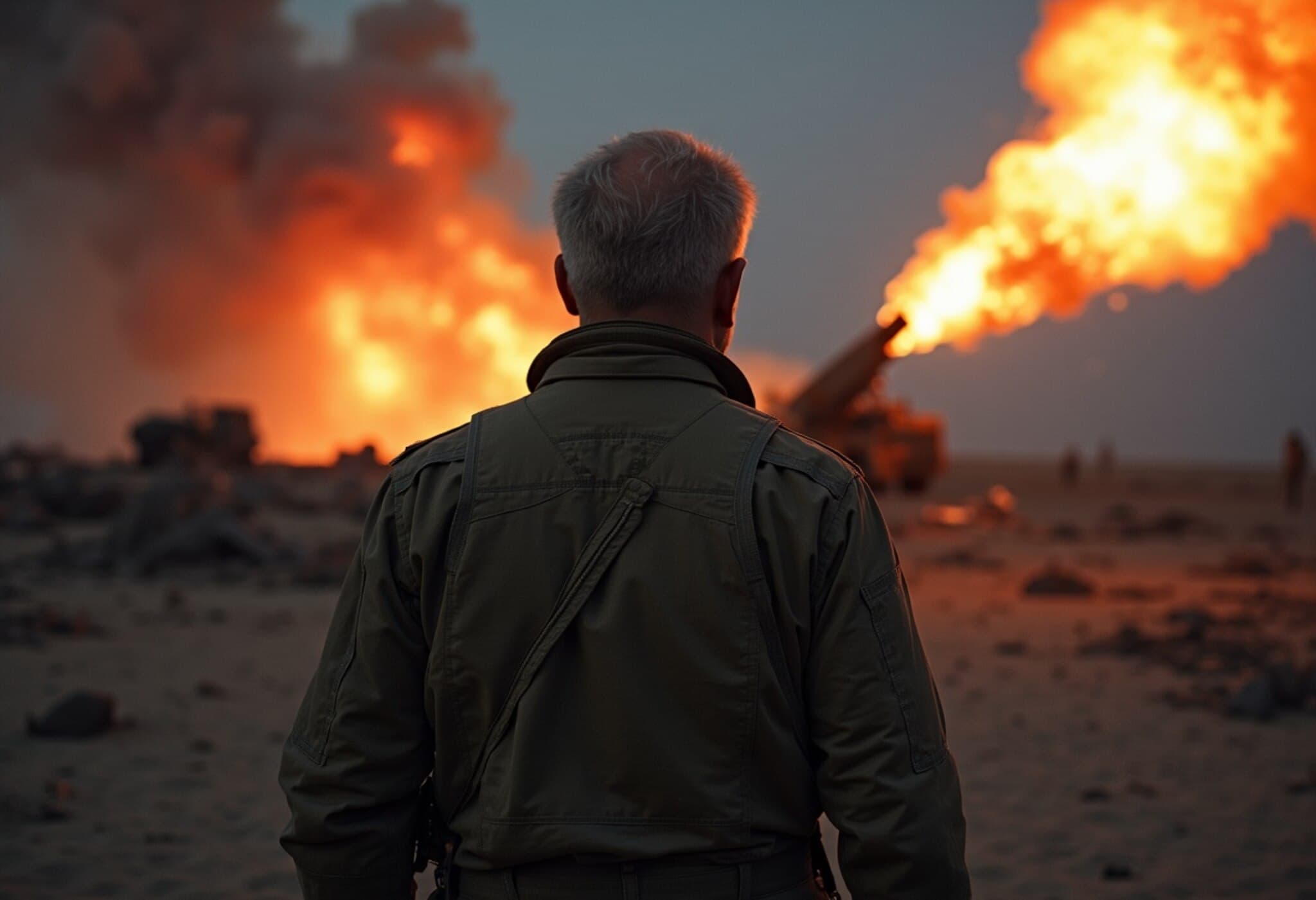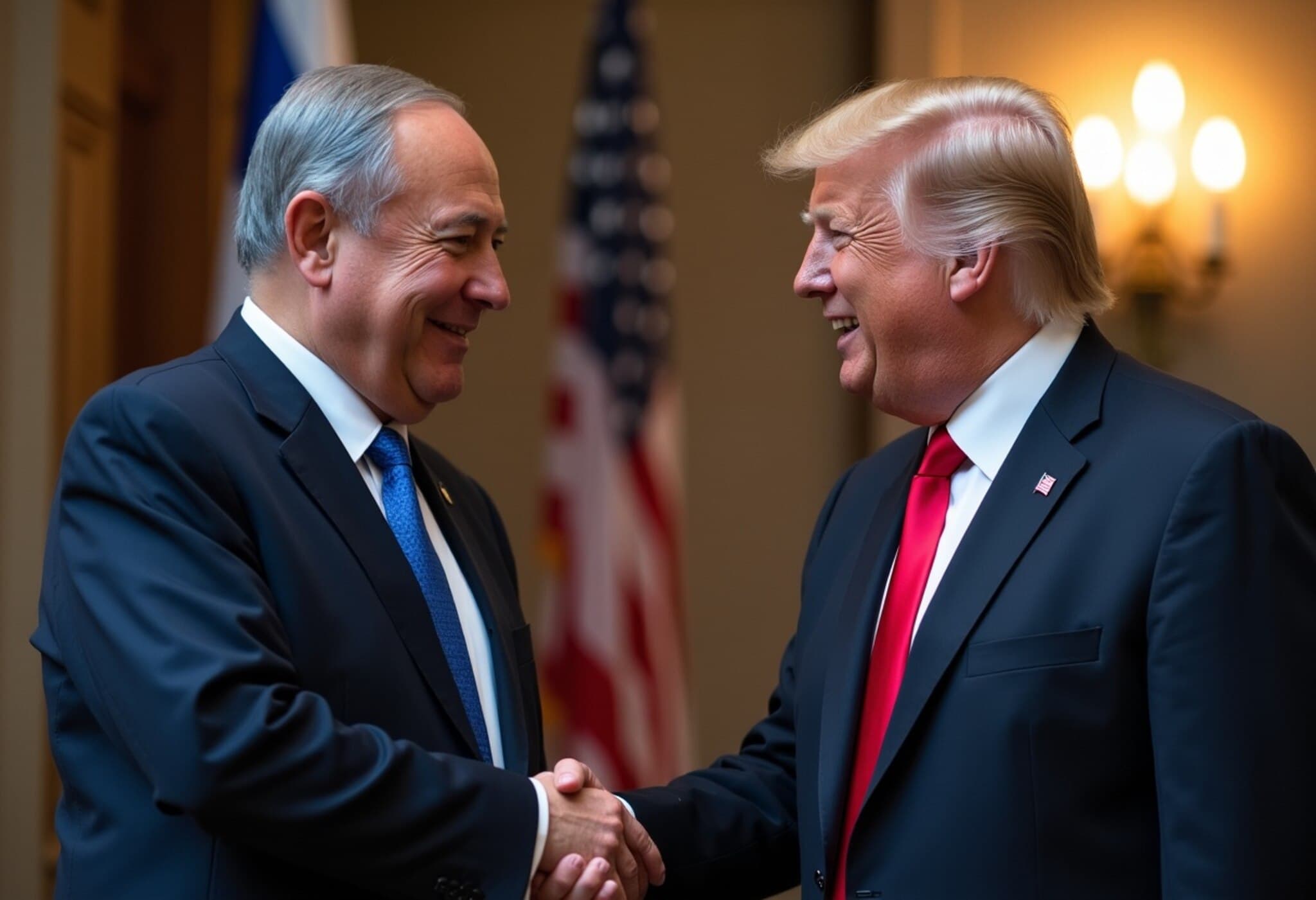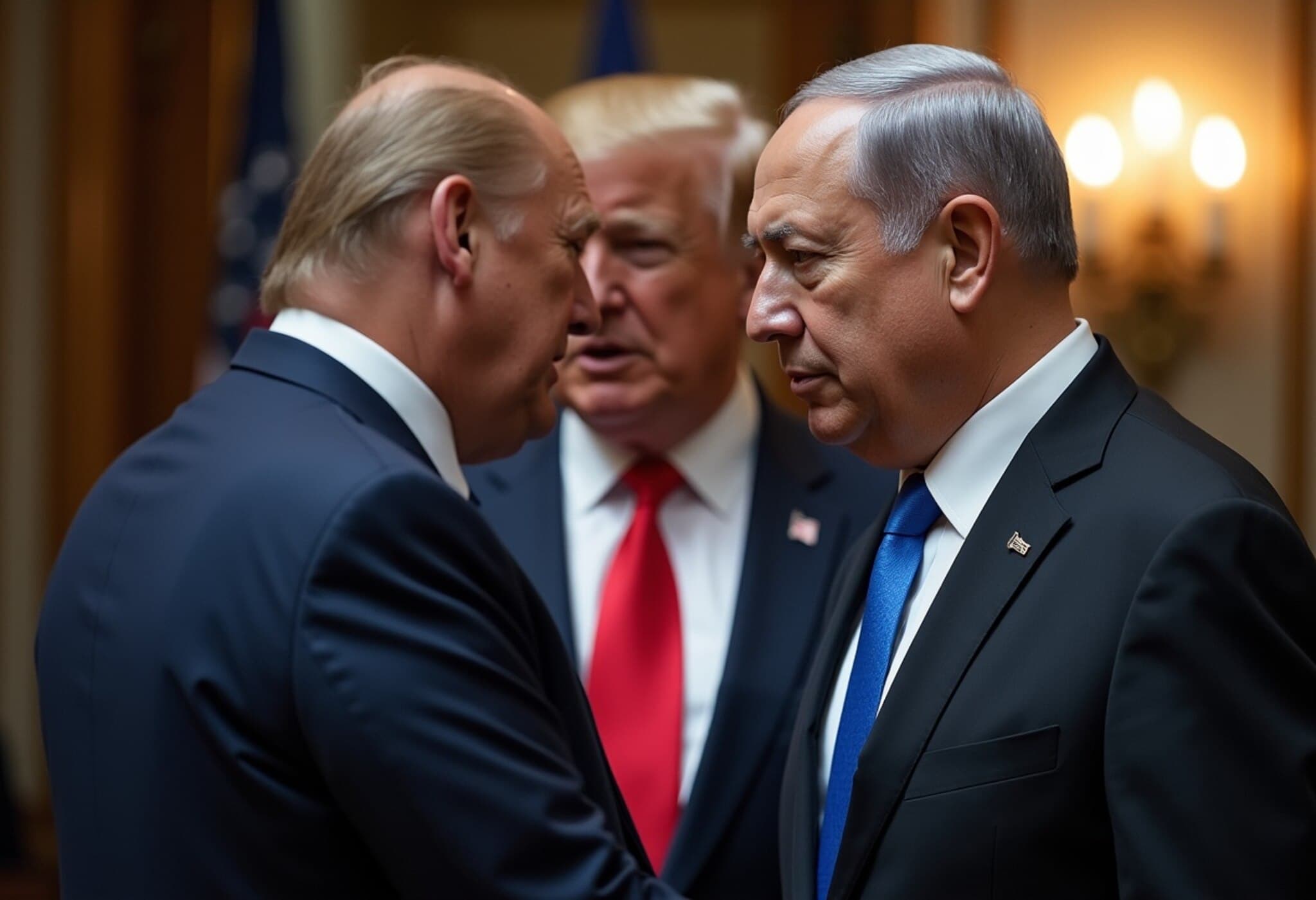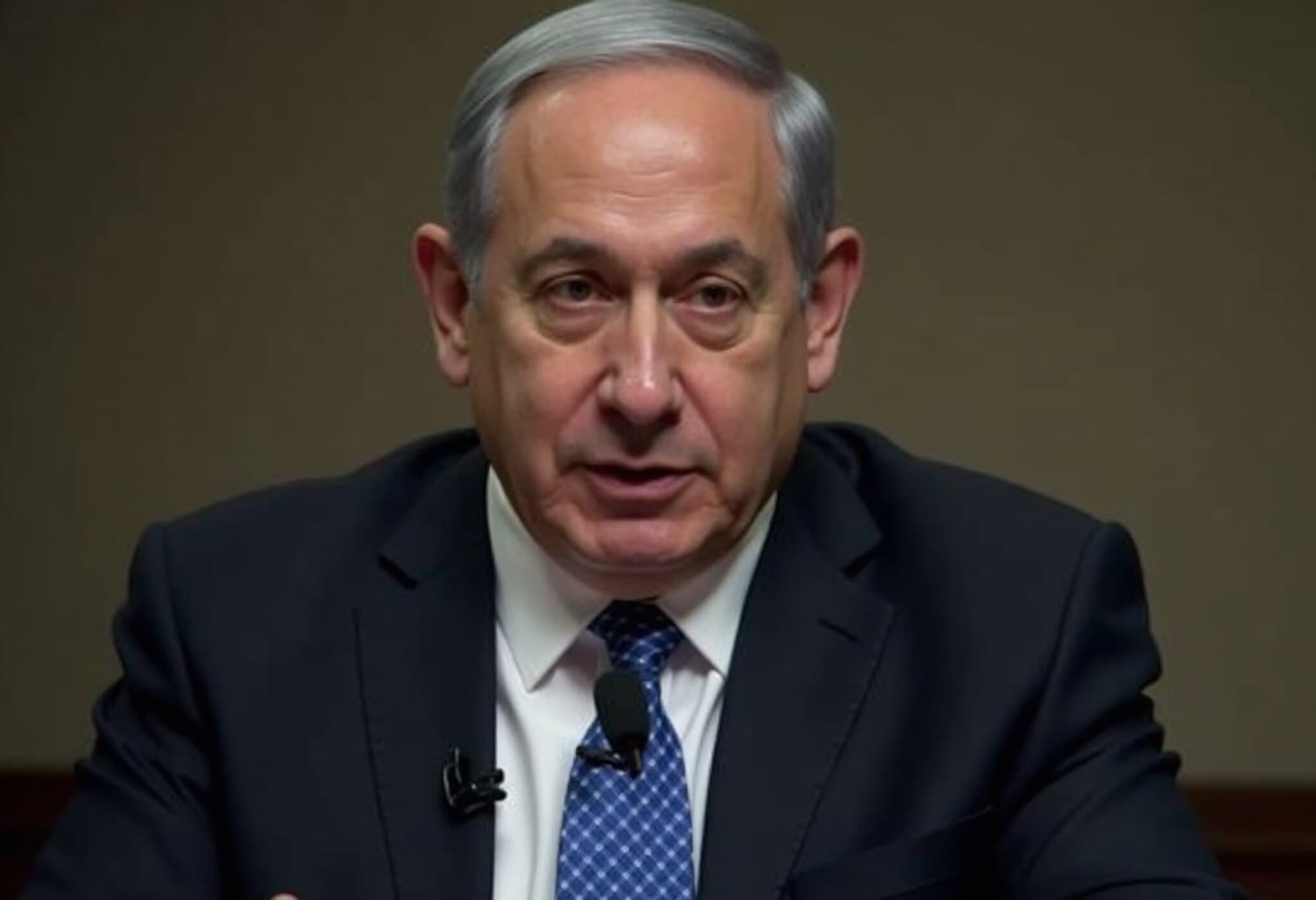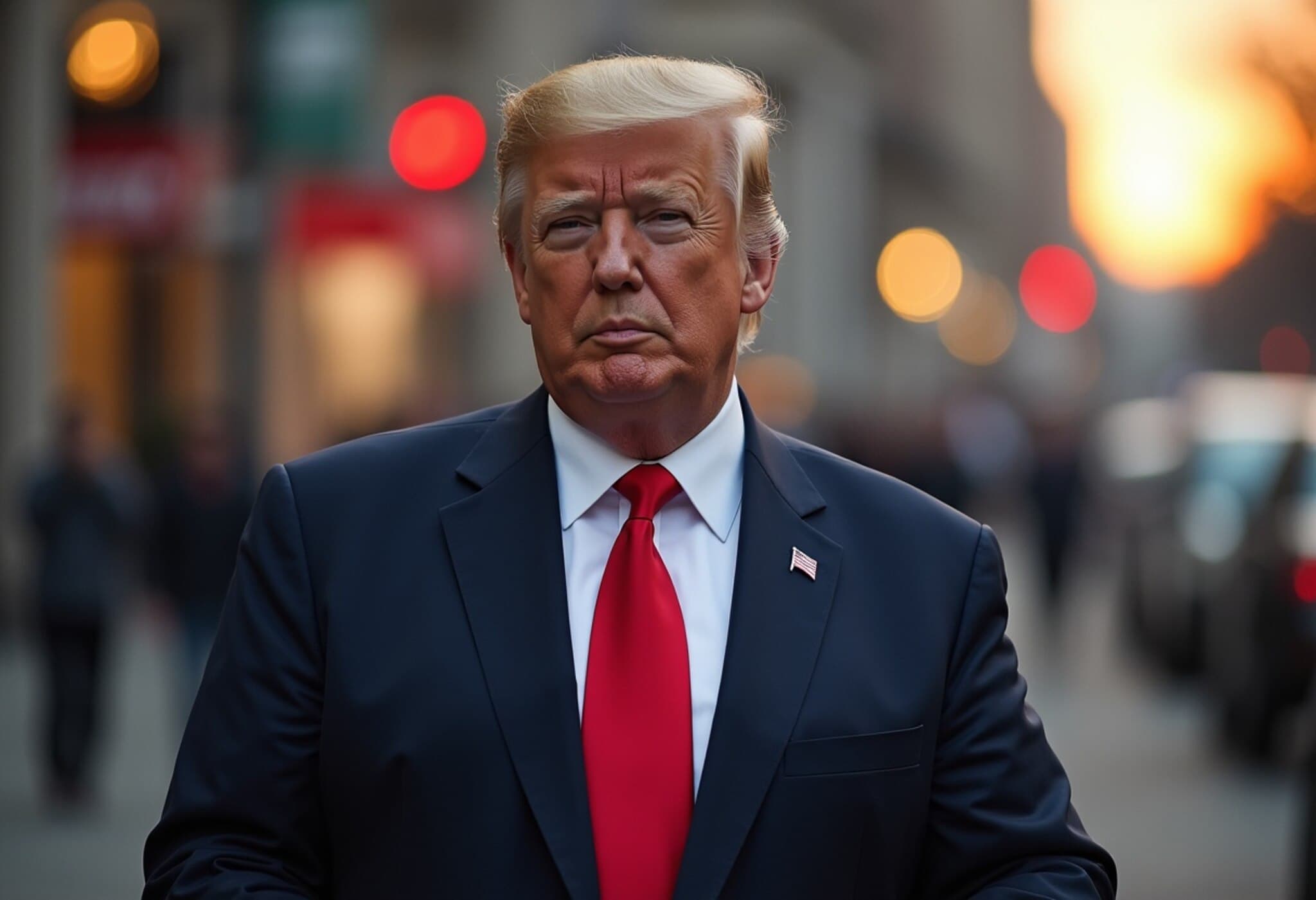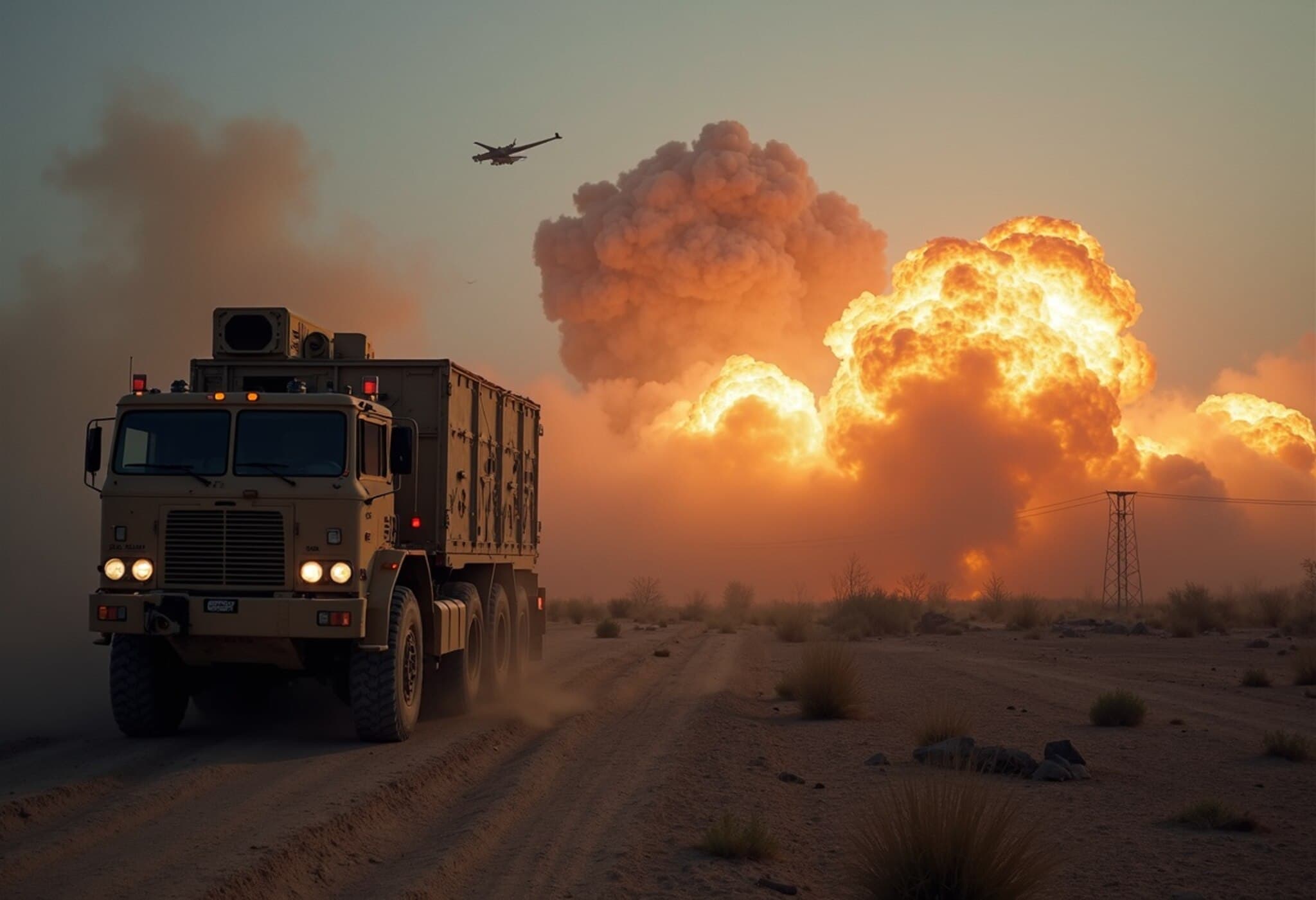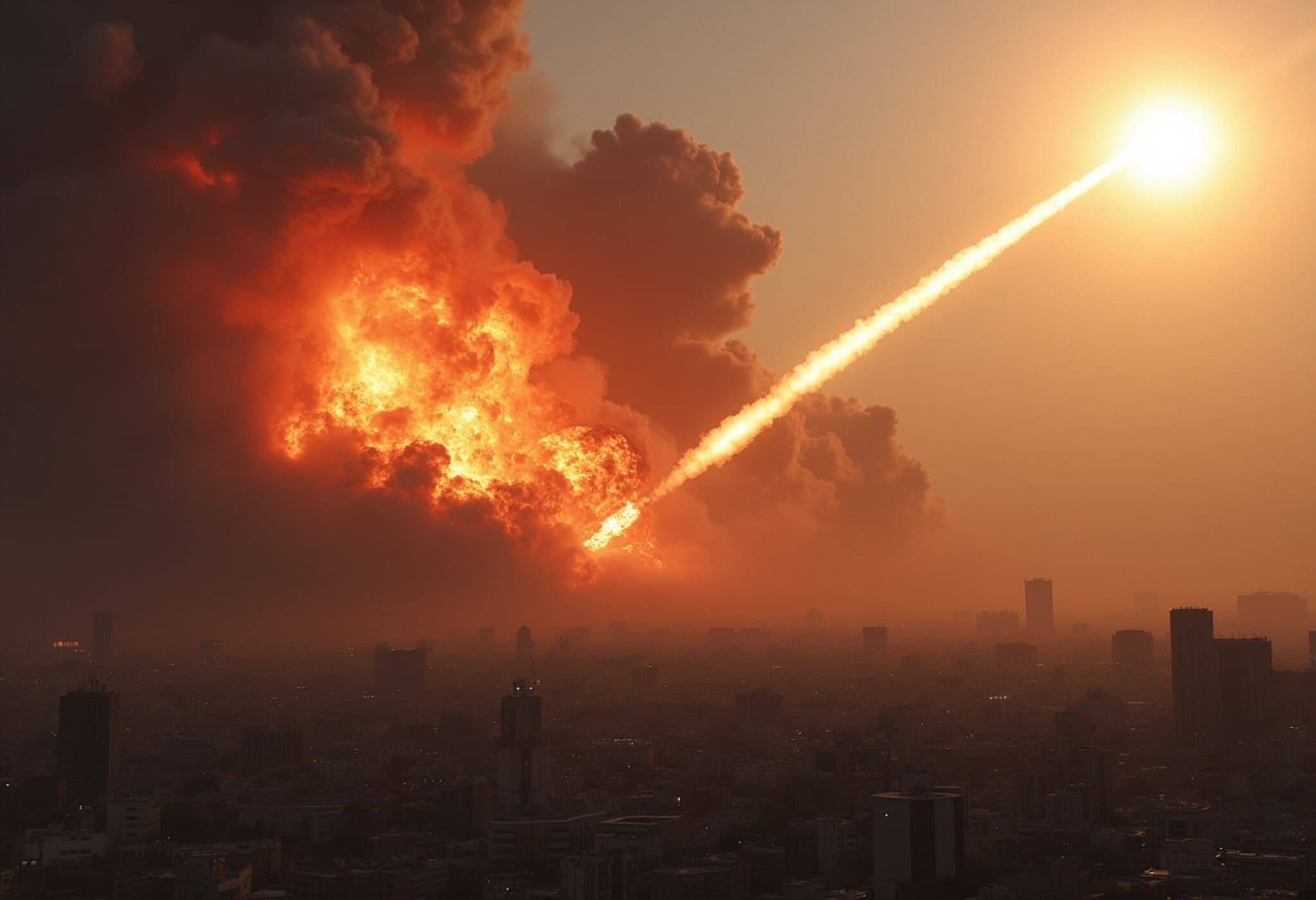Netanyahu's Political Resilience in US-Israel Relations
Just over a month ago, Israeli Prime Minister Benjamin Netanyahu seemed sidelined when former US President Donald Trump toured West Asia without stopping in Israel, a nation traditionally viewed as Washington’s closest regional ally. Trump’s surprising moves, including lifting sanctions on Syria and showing interest in reopening nuclear talks with Iran—both opposed by Netanyahu—put the Israeli leader on the back foot.
Turning the Tables: Shift in US Policy
Yet the scene changed dramatically in a matter of weeks. Following intense lobbying, US bombers struck Iranian nuclear sites, echoing Netanyahu’s long-standing push for a forceful stance against Tehran’s atomic ambitions. This sudden escalation highlights a consistent pattern in Netanyahu’s career: despite clashes with US presidents, he frequently manages to steer American policy toward his objectives.
Decades of Clashes and Consistent Support
Throughout more than three decades, Netanyahu has often confronted both Republican and Democratic US leaders, sometimes publicly challenging or embarrassing them. Notably, his first term in 1996 saw tension with President Bill Clinton, who reportedly expressed frustration at Netanyahu’s blunt style. Yet, despite these rocky interactions, the US has maintained robust military and diplomatic support for Israel.
During Netanyahu's return to power in 2009, relations with President Barack Obama cooled, particularly over settlement policies and the Iran nuclear deal. Nevertheless, the Obama administration authorized a record $38 billion military aid package to Israel spanning ten years, underscoring the enduring strength of bilateral ties.
The Trump Era, Gaza Conflicts, and Iran Tensions
The surprise Hamas attack on Israel in October 2023 prompted swift US support under President Joe Biden, including significant arms shipments. However, diplomatic strains grew amid the worsening Gaza crisis, leading Biden to pause some weapon deliveries and sanction Israeli settlers linked to violence.
Following Trump’s return to office, Netanyahu welcomed his presidency. Still, Trump exhibited frustration with the protracted Gaza conflict and cautiously pursued dialogue with Iran. Despite Trump's ambiguous stance, Netanyahu pressed ahead with his agenda, culminating in a major Israeli air assault on Iran on June 13.
US Bombing of Iran: A Defining Moment
The US airstrike on Iran’s nuclear infrastructure signaled a dramatic escalation and a significant personal victory for Netanyahu. Echoing his long-held position, Netanyahu praised Trump’s decisive action, stating it would "change history" and reinforce the unshakable alliance between the two countries.
However, Trump's decision risks widening the conflict, as Iran has vowed retaliation. Iranian Foreign Minister Abbas Araghchi condemned the US for undermining diplomatic efforts, accusing Washington and Israel of crossing a "very big red line" and affirming Iran’s commitment to defend itself by all necessary means.
Regional Fallout and Strategic Implications
In response, Iran targeted several sites within Israel, including Ben Gurion Airport near Tel Aviv. The tit-for-tat dynamics underscore the fraught geopolitical tensions in the region, with Israel counting on US support amid these escalating confrontations.
Conclusion
Netanyahu’s political journey illustrates a remarkable ability to influence US policy even amid public disagreements and personal clashes with American leaders. His unyielding approach, combined with strong backing from key US constituencies, continues to shape the unique and powerful US-Israel relationship.

